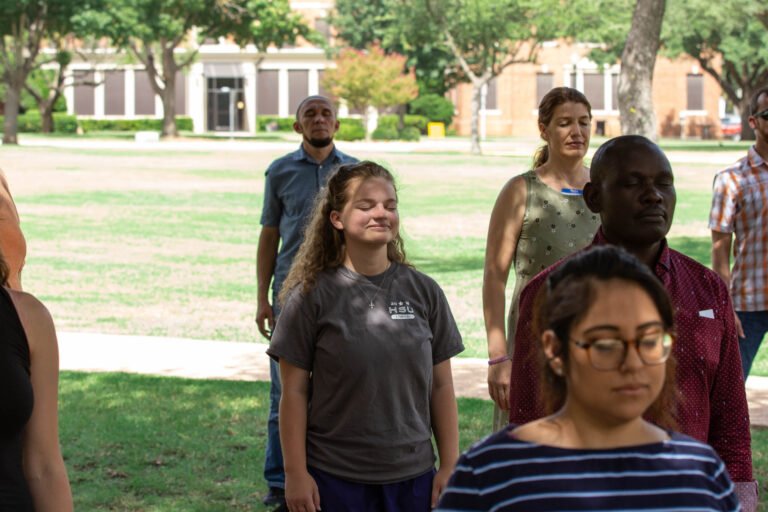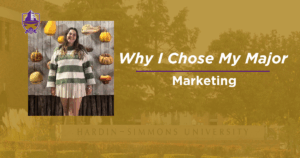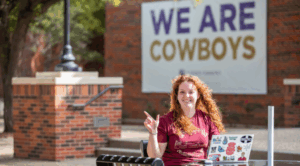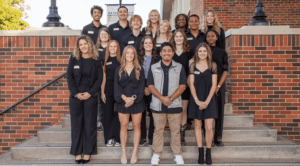The Narrative of the Stranger
Inside the CEDAR program: Week One

What does a gay Christian from Romania have in common with a Bahá’í woman from Kosovo? How does a Muslim man from Kyrgyzstan relate to a Jewish woman living in Brooklyn? This week, I have learned that these people can not only create community together, but also imagine a brighter future where beliefs are cherished and differences are celebrated.
For the past week, I have been a part of a program called CEDAR—Communities Engaging with Difference and Religion. While CEDAR has held schools all over the world, they have partnered with Hardin-Simmons for the first-ever Texas program. Our school is made up of individuals (called “fellows”) from nine countries and various faiths who have gathered to explore the topic Hospitality and the Stranger.
CEDAR’s goal is not to make people ignore or give up their differences. Instead, they work to enable communities to recognize and accept their differences as they work toward a civil society. At each school, fellows live and learn together through lectures, community service, recreation, and experiential learning in the community.

CEDAR fellow, Jean Gusha, from Zimbabwe and Rev. Claire Makins from Abilene’s Church of the Heavenly Rest
During our first of two weeks, we have discussed some of the issues which divide people the most: race, religion, politics, homosexuality, immigration, and evolution. To experience Abilene’s perspectives on such issues, we have traveled to the Curtis House of Interested Citizens of Abilene North, First Baptist Church, McMurry’s Prayer Room, Heavenly Rest, the International Rescue Committee, the Discovery Center, and more. We have also grown closer as a group as we enjoy Tex-Mex, barbecue, movies, yoga, and music.
Throughout our sometimes daunting conversations, one word comes up again and again: narrative. Every person and every side of an issue has a narrative, a story. CEDAR creates space for each person’s narrative to be heard and understood. While it is unrealistic to assume that we will all have identical beliefs about any of these issues, it is possible for each of us to truly listen to each other’s narratives. People fear and even hate what they do not know, but something happens when we hear each other’s stories. The other is no longer a concept to be feared, but a friend with a face and a story.


